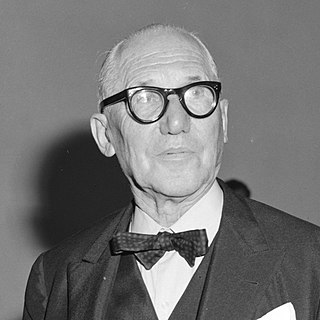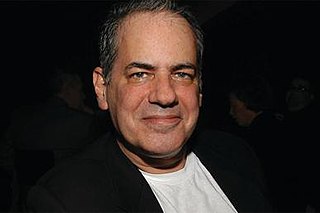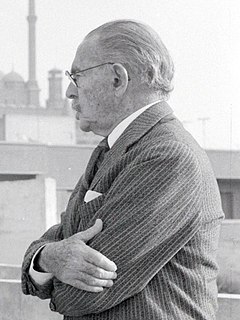A Quote by Le Corbusier
Related Quotes
There were never a lot of attacks on my work. We were building more parks than were ever built in the city, building more recreation centers, fixing more streets. We had national events, the Super Bowl, the (Major League Baseball) All-Star game, Final Four. We built seven hotels. The city hadn't built a hotel in 20 or more years.
A building does not have to be an important work of architecture to become a first-rate landmark. Landmarks are not created by architects. They are fashioned by those who encounter them after they are built. The essential feature of a landmark is not its design, but the place it holds in a city's memory. Compared to the place it occupies in social history, a landmark's artistic qualities are incidental.
Any housing solution that involves paying for industrially produced building materials and commercial building contractors is doomed to certain failure. If houses are to be built at all, in sufficient quantity, they must be built without money. We must go right outside the framework of the money system, bypass the factories, and ignore the contractors.
The philosopher believes that the value of his philosophy lies in the whole, in the building: posterity discovers it in the bricks with which he built and which are then often used again for better building: in the fact, that is to say, that building can be destroyed and nonetheless possess value as material.
Back in the 1500s, the culture that we had built in the West embraced multigenerational projects quite easily. Notre Dame. Massive cathedrals were not built over the course of a few years, they were built over a few generations. People who started building them knew they wouldn't be finished until their grandson was born.







































